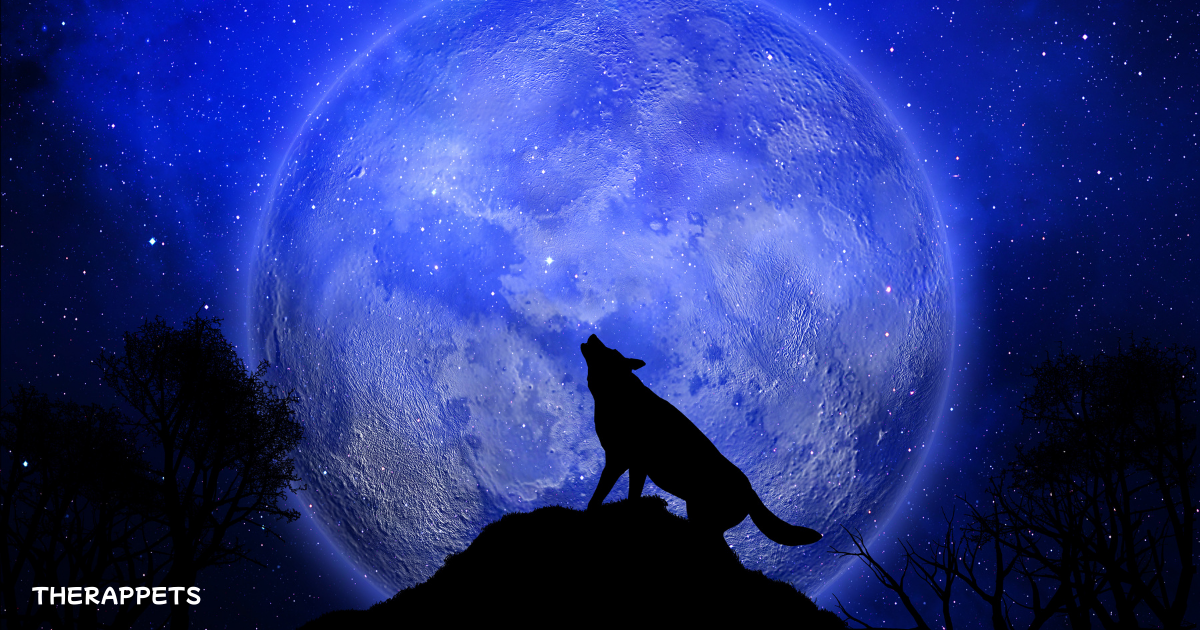The question "Do wolves howl at the moon?" has fascinated humans for centuries. This imagery, often depicted in folklore and media, creates an enchanting yet mysterious connection between wolves and the night sky. However, is this myth based on science, or is it purely fictional? In this post, we’ll uncover the truth behind wolf howls, their purpose, and whether the moon plays any role.
For more about animal behaviors, check our post on Unusual Animal Myths.
The Science Behind Wolf Howls
Wolves use howling as a primary means of communication. Unlike humans, their vocalizations serve specific purposes, including marking territory, coordinating hunts, and bonding with their pack. Interestingly, their howls are not directed at the moon but are often performed during the night when their calls travel farther due to cooler air.
Learn more about communication in animals by visiting our post on Dogs That Don’t Shed: Benefits as Therapy Companions.
Why Do Wolves Howl at Night?
The idea that wolves howl at the moon likely stems from the fact that they are more active during the night. Nighttime provides wolves with better hunting opportunities, and their howls can travel longer distances in the calm night air. The moon itself plays no role in their behavior, although full moons illuminate their activities, leading to this myth.
For a deeper understanding of nocturnal animal behavior, explore our post on Therapeutic Dogs for Autism Support.
The Role of Howls in Pack Dynamics
Howling fosters a strong bond among pack members. It can reunite wolves who have been separated or warn intruders to stay away. In this sense, howling is crucial to their survival and not connected to celestial bodies like the moon.
Discover how animals communicate and support humans in our post about Therapy Animals for Social Anxiety Treatment.
How Myths Shape Our Understanding of Wolves
Folklore often portrays wolves as mystical creatures, associating them with the moon and other supernatural elements. These myths, while captivating, overshadow the scientific reality of their behaviors. Understanding the truth about wolves helps dispel fears and promotes their conservation.
For insights into how animals are represented in myths, check out our post on Cats vs. Dogs: Support and Misconceptions.
Conclusion
So, do wolves howl at the moon? The answer is no, but the myth is rooted in their nocturnal behavior and the enchanting sight of a wolf howling under a full moon. Their howls are powerful communication tools, vital to their survival and pack dynamics. Understanding the science behind their behavior helps us appreciate these fascinating creatures for what they truly are.
Explore more intriguing animal facts in our post on Animal-Assisted Therapy.

